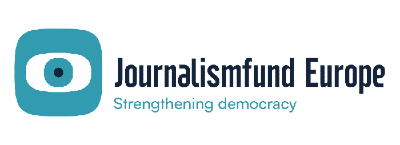Finnish researchers: academic freedom is crucial for democracy
The Union of Research Professionals warns about growing threats to academic freedom in Finland. In a recent statement they argue that increasing performance pressures, political interference, and harassment of researchers risk scientific autonomy—and the foundation of democratic society.

Recent developments that downplay the value of academic freedom and evidence-based knowledge cause serious concern, the Union of Research Professionals say in their statement.
Although Finland has traditionally ranked highly in global comparisons of academic freedom, in 2025, for the first time, it dropped from the top class in research and education freedom rankings. The union sees this as a critical warning sign.
According to the statement, the threats to scientific autonomy are not accidental. Finland’s research community already faces unusually high performance expectations due to a competitive financing model imposed by the Ministry of Education. The resulting career insecurity pushes researchers into relentless everyday competition, which the union describes as a significant risk to science itself.
When researchers must anticipate what is "strategically smart" in terms of funding and career prospects, science becomes a means to an end, the union warns.
Increasingly centralized university governance structures are also undermining academic self-governance at the local level.
Political influence is becoming more deeply embedded in the everyday operations of universities. The statement points to the Trump administration in the U.S. as an example of how research funding can be used as a tool for political interference.
Another growing concern is targeted online harassment toward certain fields and researchers, especially women and those studying gender, climate change, or immigration. Hostility and public smearing campaigns can push scholars out of public debate or deter them from pursuing sensitive topics, the union notes—ultimately diminishing democratic discourse, undermining informed decision-making, and restricting academic freedom.
The union warns that the risk of self-censorship increases, as political control and financial pressures grow. This trend is particularly troubling in social sciences, where research often focuses on society’s most vulnerable groups.
Independent research and academic freedom are crucial for democracy, the union asserts. Without them, decision-making loses its most vital foundation: reliable, up-to-date knowledge. Effective, evidence-based policy requires a diversity of perspectives, open public debate, and the protection of critical inquiry.
The Union of Research Professionals demands:
- The strengthening of the freedom of research and the autonomy of science at all levels.
- Critical examination of financing models and governance structures.
- Protection of researchers against online bullying and harassment.
- The defence of policymaking based on scientific knowledge and critical public debate.
The full statement, with cited sources, is available on the Union of Research Professionals' website.
Original Verde article in Finnish






